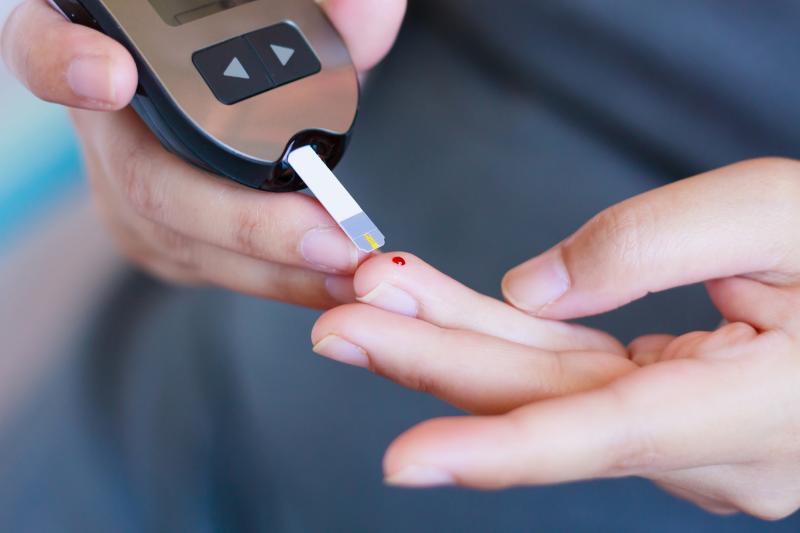 Healthcare providers should provide appropriate advice on the appropriate adjustments for diabetic patients during the fasting month of Ramadan.
Healthcare providers should provide appropriate advice on the appropriate adjustments for diabetic patients during the fasting month of Ramadan.Insulin secretion is reduced in people with elevated 1-hour glucose levels during oral glucose tolerance tests (OGTTs), a new Japan study has shown.
Researchers enrolled 59 nonobese Japanese men aged 30–50 years with normal glucose tolerance. After OGTT, 29 participants had 1-hour glucose levels <155 mg/dL, while 30 had concentrations at or above the threshold value. A two-step hyperinsulinaemic-euglycaemic clamp test was performed to assess insulin sensitivity in muscle, liver and adipose tissues.
Baseline characteristics were largely comparable between the low- and high-glucose subgroups, though high-molecular-weight (HMW) adiponectin appeared to be lower in those with high 1-hour glucose concentrations. Insulin sensitivity in muscle, liver and adipose tissues were likewise similar between subgroups.
Single correlation analyses revealed that glucose at 60 minutes was significantly but inversely correlated with insulinogenic index (r, –0.38; p=0.003) and HMW adiponectin (r, –0.38; p=0.003).
This was further confirmed through multiple regression analysis, which found an independent and significant link between 1-hour glucose concentrations with insulinogenic index (β, –0.452; p=0.001) and HMW adiponectin (β, –0.329; p=0.012). In comparison, age, body mass index and muscle insulin sensitivity were all unrelated.
“[S]tudy participants with elevated 1-hour glucose levels during OGTT had a reduced early insulin secretion than participants with low 1-hour glucose levels,” the researchers said. “Thus, in nonobese Japanese men, impaired early insulin secretion might be an underlying mechanism of elevated 1-hour glucose levels during OGTT.”